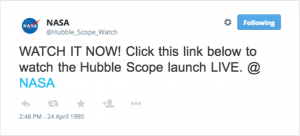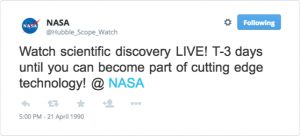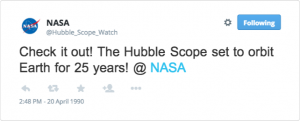I think that the first episode of Altered Carbon, Out of Past, would be an extremely interesting and fun addition to the class. It relates heavily to the upcoming technologies of artificial intelligence, privacy, and ethical implications. This first episode is one in which you learn about this advanced utopian world, going through both the main character’s past and present in flashbacks. Soon, you learn that the main character was a special soldier that worked for a lot of terrorist groups. Due to his actions, he has been “iced” or killed, but not really. This world considers a body and human form as a “sleeve,” but all your memories and thoughts are intact in a disk that is inserted in your spine near your head at age 1. As long as your disk remains and someone does not destroy it, you are capable of being alive. However, since Takeshi, the main character, committed many crimes, his disk was made dormant in a prison without a human form until a very rich man paid to have him put into a new body and released. He did not have a body for 250 years, creating some obvious issues.
This is extremely relevant to the articles of transhumanism. In class, we watched a lot about how robots may be taking over the world, and whether this should be allowed. Takeshi is not only implementing transhumanism with the disk itself, but also because his disk was specially made to be a soldier, in which he is more cognisant of small details and has the ability of seeing through the walls. Transhumanism is defined as “the position that human beings should be permitted to use technology to modify and enhance human cognition.” At this moment, transhumanism is about prosthetics, but I think that this episode goes beyond and exposes how our city could transform to flying cars, x-ray vision, and houses above the clouds in the future.
It is also relevant to “The Entire History of You” in a way in which the technology has gotten too advanced with people’s brains that it has created detrimental effects of allowing people to dwell in their past. Takeshi was “dead” for 250 years, but after being put into a sleeve, he could not help but continue replaying the memories in his head over and over again. In addition, I think that this new topic of freezing people and possibly bringing them back in the future is relevant to our society, as it is beginning to gain popularity, no matter what the stigma against it is.
Since the disks can easily be scanned, tracked, and played, this ties in to the themes of privacy. In a world like this, is that okay for anyone to pick up what is “you” and scan the disk to get all information about you? In the coming world, is this okay in doing background checks like this to ensure people’s safety, or is it too invasive? Anyone could find Takeshi’s history easily, and he was considered a dangerous man. Is this justified?
I would most likely assign the digital element of creating a poster or flyer to advertise something seen in the episode. I personally use the online website Canva a lot to make resumes, reports, flyers, etc. I think that this is a really easy way to get into “photoshop” without having to particularly learn the difficult functions and finding an aesthetic yourself. Millions of free templates online make it easy to make clean and relevant posters, which is a skill that I think many people in the class would find interesting and fun.



